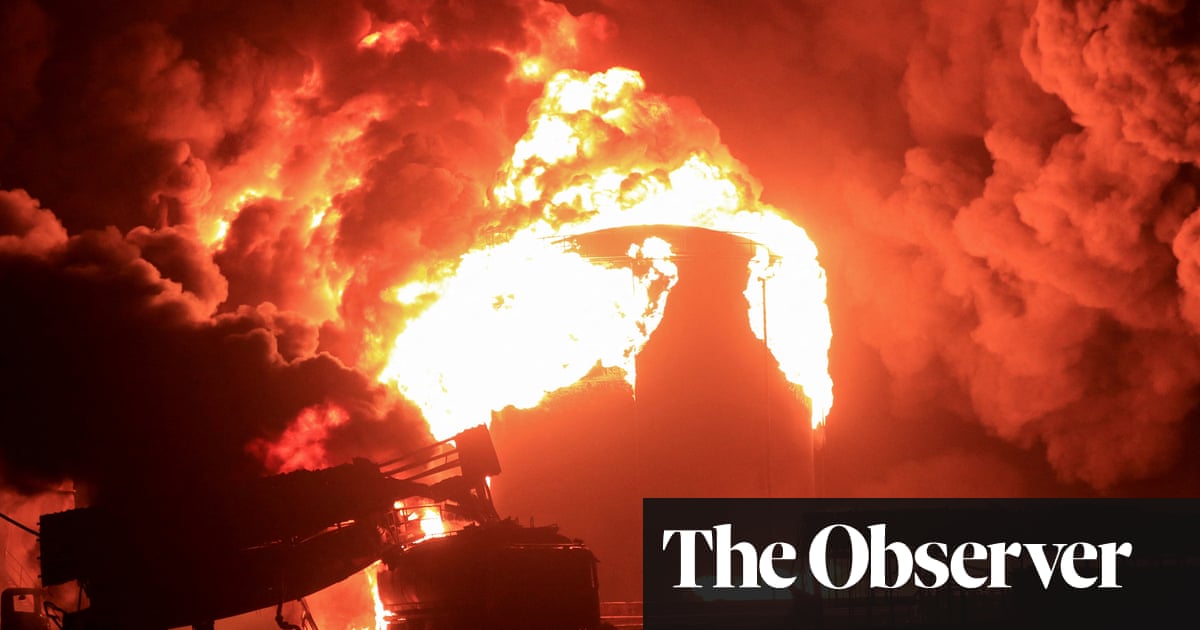If Iran’s newly elected president, Masoud Pezeshkian, was hoping for a honeymoon period after his inauguration last week, he must be sadly disappointed. Less than 12 hours after Pezeshkian was sworn in, an explosion, reportedly caused by a remotely controlled bomb, shook an Islamic Revolutionary Guard Corps (IRGC) compound in central Tehran. The target: Ismail Haniyeh, Hamas’s political leader, an honoured guest at the inauguration, and one of the Middle East’s most wanted. The bomb under the bed killed Haniyeh instantly. Honeymoon over.
The Haniyeh assassination, attributed to Israel and not denied in Jerusalem, has scrambled all those hopes. Pezeshkian finds himself in the eye of an international storm that analysts warn could lead to all-out war, engulfing the Middle East.
Infuriated by an audacious attack that humiliated him, his country and its elite armed forces, Khamenei – Iran’s ultimate authority – is said to have ordered preparations for direct military retaliation against Israel. Avenging Haniyeh’s death was “our duty”, Khamenei said. Pezeshkian had no choice but to meekly go along. Now the world waits to see what Iran will do. So much for a fresh start.
Iran’s next step may be decisive in determining whether the Middle East plunges into chaos. Its pivotal position should come as no surprise. Its gradual emergence as the region’s pre-eminent power has accelerated in the wake of 7 October. Iran’s anti-Israeli, anti-American “axis of resistance”, embracing militant Islamist groups in Lebanon, Syria, Iraq and Yemen, and ever more openly backed by China and Russia, is now a big force challenging the established western-led order.



Because they’re the only ones wanting peace. Every one else would prefer if a lot of people died.